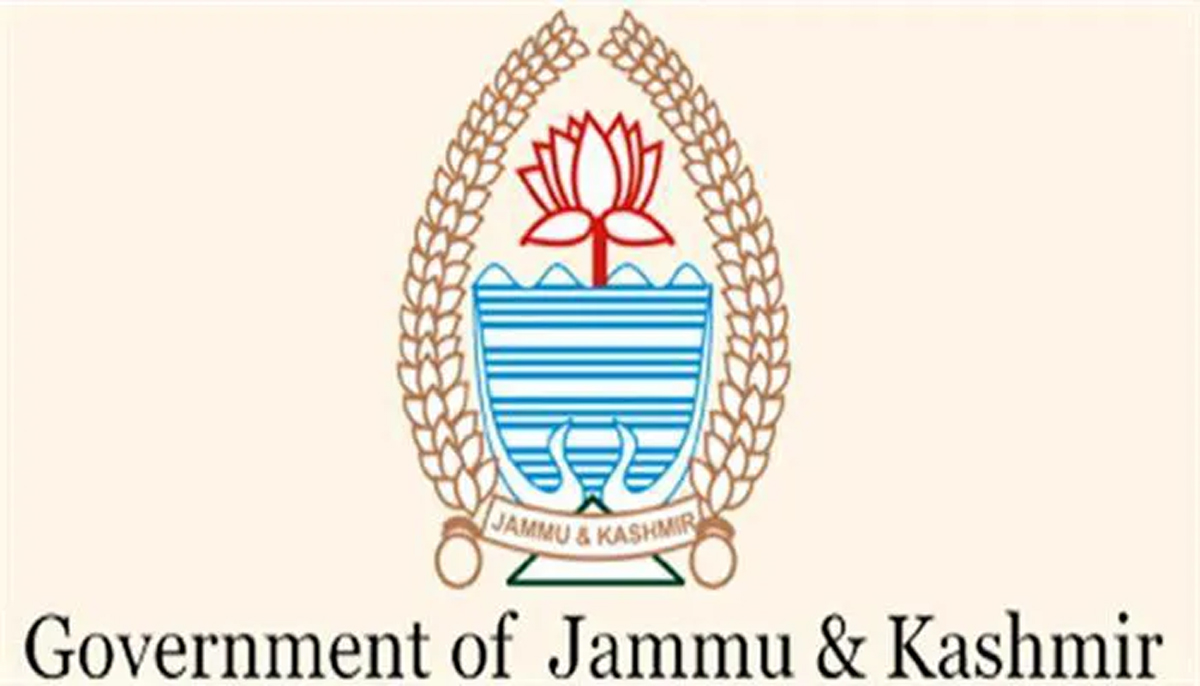Aged persons being neglected by family members to get major relief
*SDMs to head Tribunals for passing appropriate orders
Mohinder Verma
JAMMU, Oct 27: In a major relief for parents and senior citizens, who generally run from the pillar to post after being neglected by their own family members, the Government of Union Territory is shortly going to notify Jammu and Kashmir Maintenance and Welfare for Parents and Senior Citizens Rules under the Central Act.
The Maintenance and Welfare of Parents and Senior Citizens Act was enacted by the Parliament in the year 2017 to provide for more effective provisions for the maintenance and welfare of parents and senior citizens guaranteed and recognized under the Constitution and for connected matters.
However, the Act was not applicable to the then State of Jammu and Kashmir because of its special status under Article 370 and Article 35-A. Though the Central Act became applicable soon after the abrogation of these Articles yet framing of Rules as per the provisions of the Central Act received due attention of the Government of Union Territory of Jammu and Kashmir only in the recent past.
On September 17, 2021, Lieutenant Governor Manoj Sinha, while launching Senior Citizens National Helpline “Elderline-14567” in Jammu and Kashmir had informed that J&K Maintenance and Welfare for Parents and Senior Citizens Rules, 2021 have been prepared and will be notified shortly.
“Now, these Rules have received the approval and the same will be notified shortly by the Social Welfare Department. These Rules have already been cleared for application by the Department of Law, Justice and Parliamentary Affairs”, official sources told EXCELSIOR.
With the notification of these Rules, the parents and senior citizens, who generally run from the pillar to post after being neglected by their own family members, would heave a sigh of relief as far as getting maintenance is concerned, sources informed, adding “a senior citizen including parent who is unable to maintain himself or herself from his or her own earning or out of the property owned by him or her, will be entitled to make an application under the Act/Rules for seeking maintenance”.
“The obligation of the children or relative, as the case may be, to maintain a senior citizen extends to the needs of such citizen provided he is in possession of property of such senior citizen so that senior citizen may lead a normal life”, sources said, adding “any person being a relative of a senior citizen and having sufficient means will maintain such senior citizen provided he is in possession of the property of such senior citizen as would inherit the property of such senior citizen”.
Disclosing that soon after the notification of Rules, the Government will constitute for each Sub-Division one or more Maintenance Tribunal for the purpose of adjudicating and deciding upon the order for maintenance. On the receipt of the application, the Tribunal headed by Sub-Divisional Magistrate (SDM) will issue a process for procuring the presence of children or relative against whom the application is filed. For securing the attendance of children or relative, the Tribunal will have the power of a Judicial Magistrate of First Class as provided under the Code of Criminal Procedure.
“If children or relative, as the case may be, neglect or refuse to maintain a senior citizen being unable to maintain himself, the Tribunal may, on being satisfied of such neglect or refusal, order such children or relatives to make a monthly allowance at such monthly rate for the maintenance of such senior citizen as the Tribunal may deem fit and to pay the same to such senior citizen as the Tribunal may, from time to time, direct”, sources further said.
The maximum maintenance allowance, which may be ordered by such Tribunal, shall be such as may be prescribed by the Government which shall not exceed Rs 10,000 per month. Moreover, the Government will designate the District Social Welfare Officer or an officer not below the rank of a District Social Welfare Officer as Maintenance Officer, who will represent a parent if so desired during the proceedings of the Tribunal.


